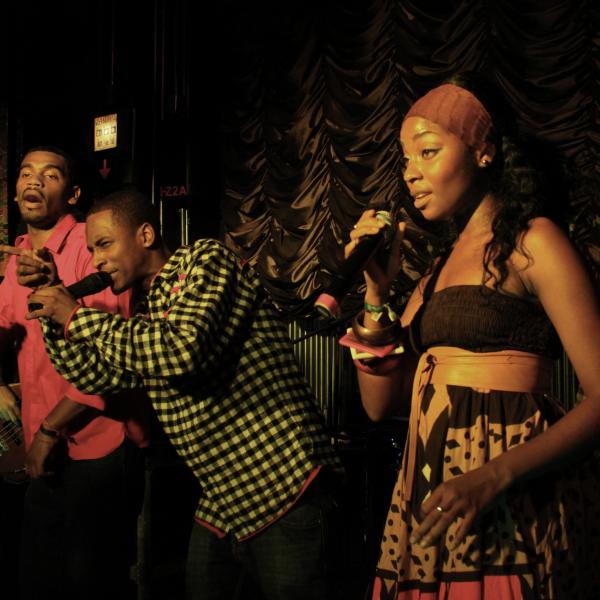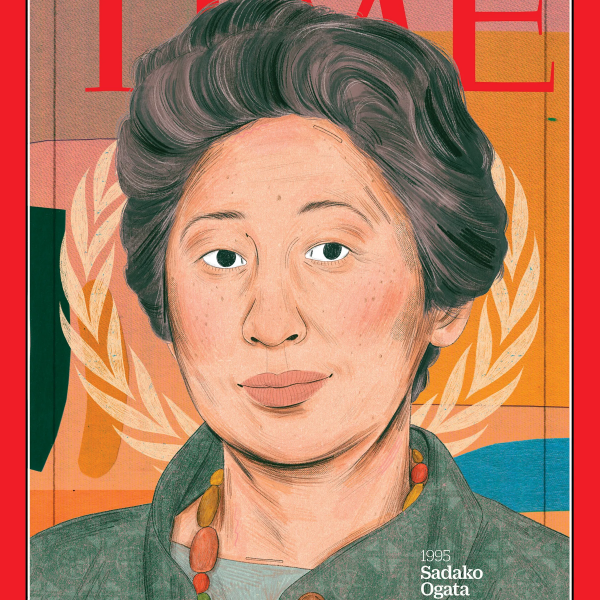The Mellon Foundation has selected Jonathan Fenderson, a scholar of Black social movements as well as Black intellectual and cultural history, for a prestigious New Directions Fellowship, which will expand his interdisciplinary research into music and sound studies.
New Directions Fellowships, awarded by the Mellon Foundation, support faculty members in the humanities and humanistic social sciences by funding systematic training outside their established areas of expertise. The foundation invites only a small number of universities to submit a nomination for this selective award, with the invited cohort varying each cycle. The Center for the Humanities coordinated Washington University’s internal nomination process for this opportunity and then helped Fenderson develop and submit his final proposal.
“I have always been deeply interested in Hip-Hop but never had the chance to formally study music,” Fenderson said. “Mellon’s New Direction Fellowship affords an incredible opportunity to expand my scholarly toolkit by taking courses and learning to look at the genre in more complex ways. The fellowship will not only lay the foundation for my next book project, but it will also enrich my teaching moving forward.”
Fenderson, an associate professor of African and African American studies, will undertake formal methodological and theoretical training in the fields of ethnomusicology and sound studies for his current research project, “Project Noise: NYC Public Housing, Neoliberalism and the Ascent of Hip-Hop America.” The two-year, $300,000 fellowship will support research leave and tuition for a course of study in the Departments of Music at the University of Chicago and Washington University.
Set in the soundscape of New York City housing complexes, Fenderson’s next book will use Hip-Hop music emanating from public housing — in the first study of its kind — as a window to explore the human impacts of rightwing policies that promoted fiscal austerity, exacerbated illicit economies and authorized hyper-policing. The training in ethnomusicology and sound studies will allow Fenderson to draw new understandings of the effects of these policies by interrogating the range of artistic decisions made by public housing’s creative tenants.
“Fenderson’s project will make important contributions to humanistic inquires by merging a historical analysis of racialized urban public housing policies with a close reading of sonic and lyrical textures of Hip-Hop — a music form that cultural writers have called the most influential youth artistic movement globally,” said Shanti Parikh, chair of the Department of African and African American Studies and professor of sociocultural anthropology. “Trained as a social historian, his keen archival instincts have motivated his desire to gain training in ethnomusicology to give him the necessary tools, analytic language and skills to analyze the sonic narratives of young residents of urban public housing projects.”
Fenderson’s first book is Building the Black Arts Movement: Hoyt Fuller and the Cultural Politics of the 1960s (University of Illinois Press, 2019), a fresh take on the general trajectory of African American literary and cultural studies as the field developed over the course of two explosive decades in the mid 20th century.
Fenderson is the fourth WashU faculty member to receive a New Directions Fellowship. Past recipients are Nancy Reynolds (Department of History, 2014), Rebecca Messbarger (Department of Romance Languages and Literatures, 2005) and Mark Pegg (Department of History, 2005).


